The Departments of Psychology (SciTech), Midwifery and Health Sciences (HSS) from Bournemouth University and SSLA part of Symbiosis International (Deemed University) were successful in getting the United Kingdon India Education Research Initiative (UKIERI)  funding to support 10 UK Psychology Students and Staff to visit India. This initiative receives further support from Global Engagement Hub, Bournemouth University.
funding to support 10 UK Psychology Students and Staff to visit India. This initiative receives further support from Global Engagement Hub, Bournemouth University.
The Study in India Programme has been designed in collaboration with BU’s project partner university Symbiosis International in India, where this will be hosted. This exchange will offer a program of interactive lectures, workshops, research methods seminars, clinical experience observations, and relevant field visits.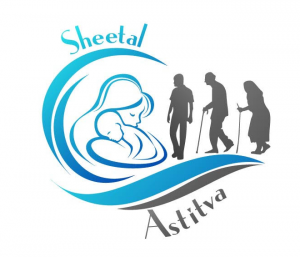
Students will also contribute to research with Sheetal Astitva, which is a GCRF funded initiative aimed to improve mental health in rural India and Nepal. The lead researchers for this initiative are Prof. Edwin van-Teijlingen and Dr. Shanti Shanker.
 The international social science publisher SAGE published a new textbook this week under the title Introducing Social Work. This textbook, edited by BU’s Professor in Sociology Jonathan Parker, has a contribution from FHSS lecturer Dr.Sally Lee and FHSS PhD student Orlanda Harvey. A total of 29 chapters cover a wide-range of social work issues in 424 pages.
The international social science publisher SAGE published a new textbook this week under the title Introducing Social Work. This textbook, edited by BU’s Professor in Sociology Jonathan Parker, has a contribution from FHSS lecturer Dr.Sally Lee and FHSS PhD student Orlanda Harvey. A total of 29 chapters cover a wide-range of social work issues in 424 pages.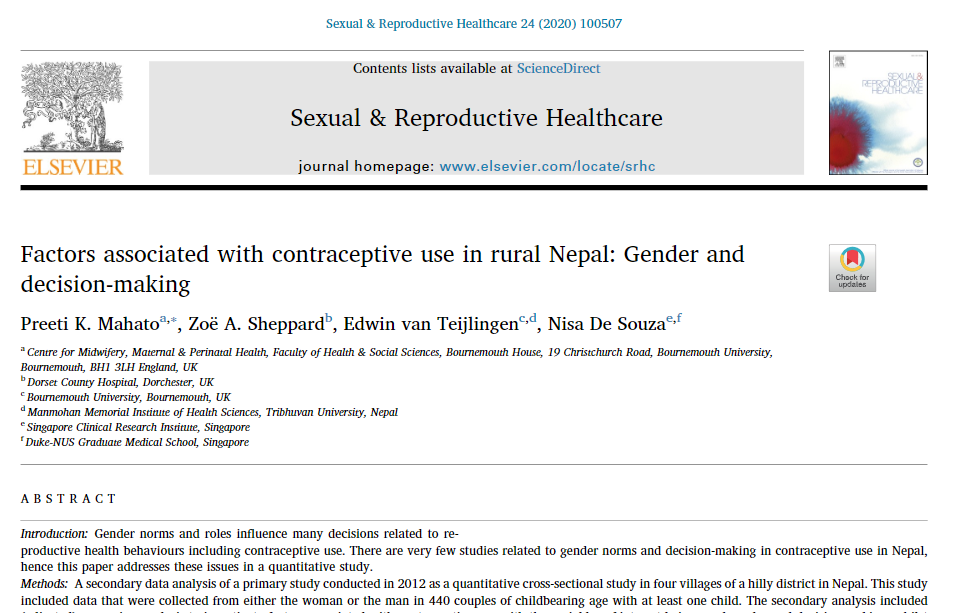

 funding to support 10 UK Psychology Students and Staff to visit India. This initiative receives further support from Global Engagement Hub, Bournemouth University.
funding to support 10 UK Psychology Students and Staff to visit India. This initiative receives further support from Global Engagement Hub, Bournemouth University.

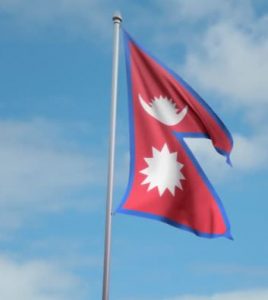
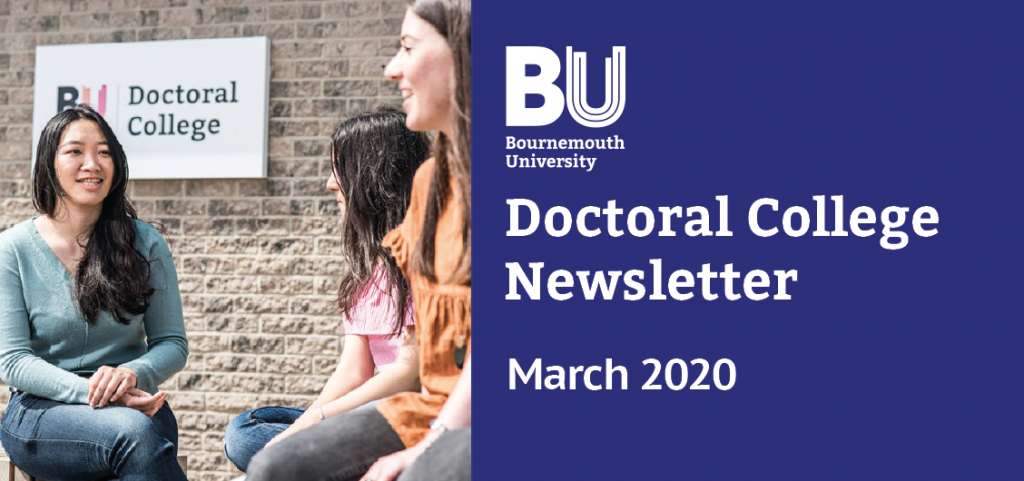

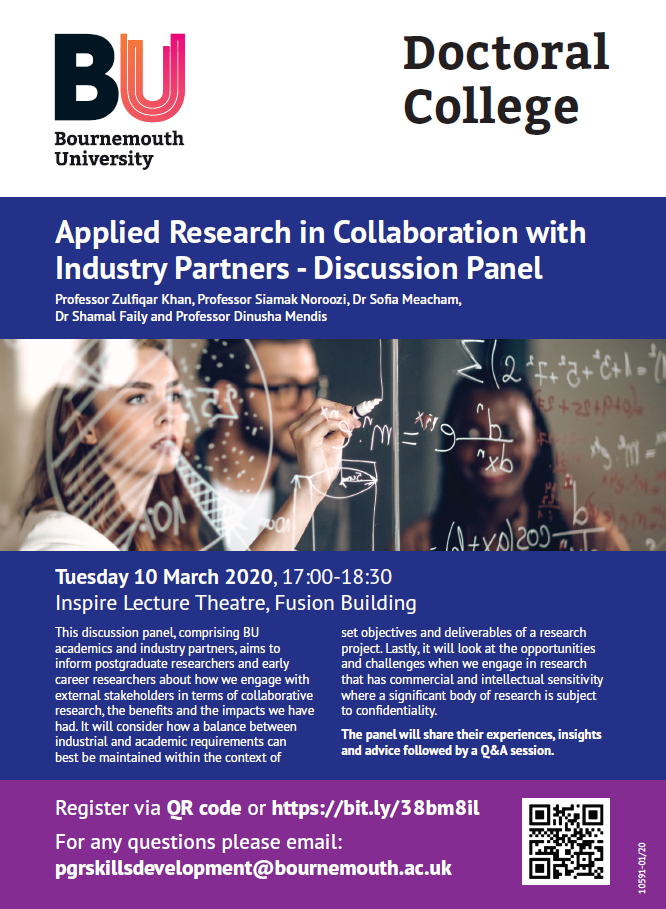
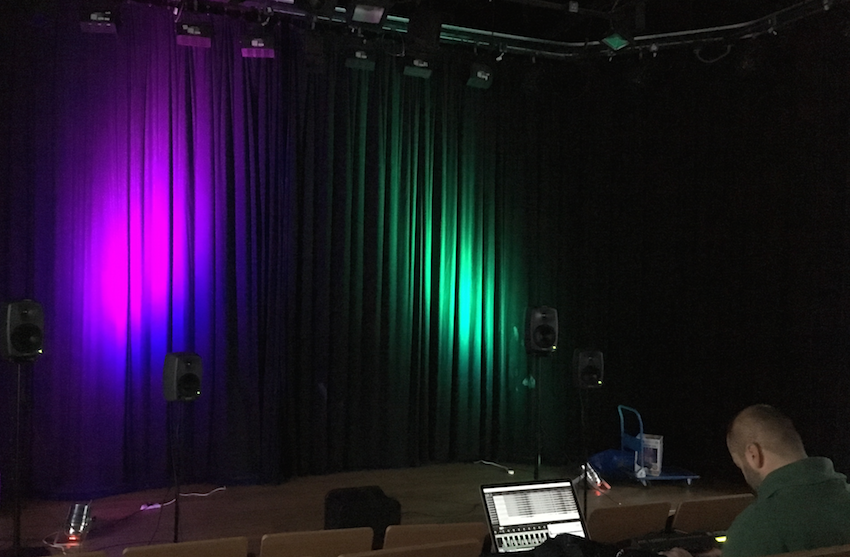
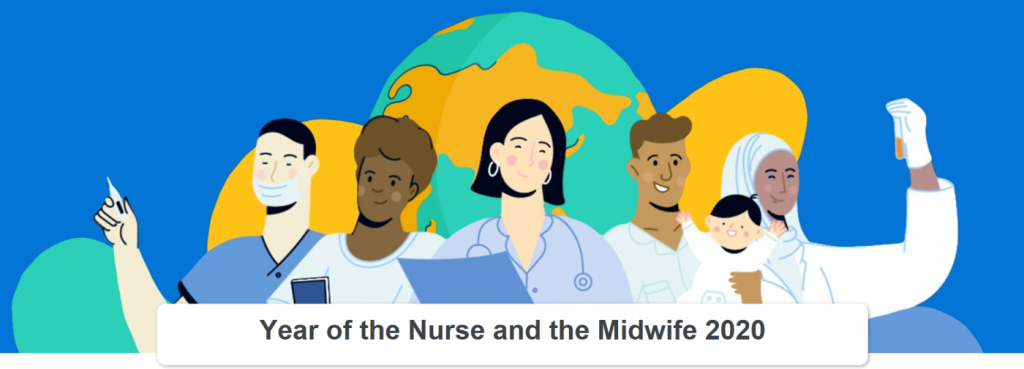

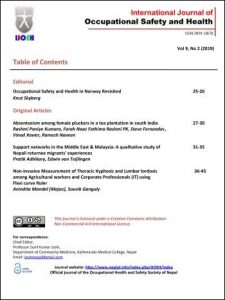
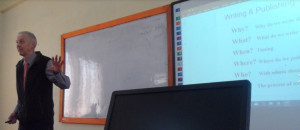

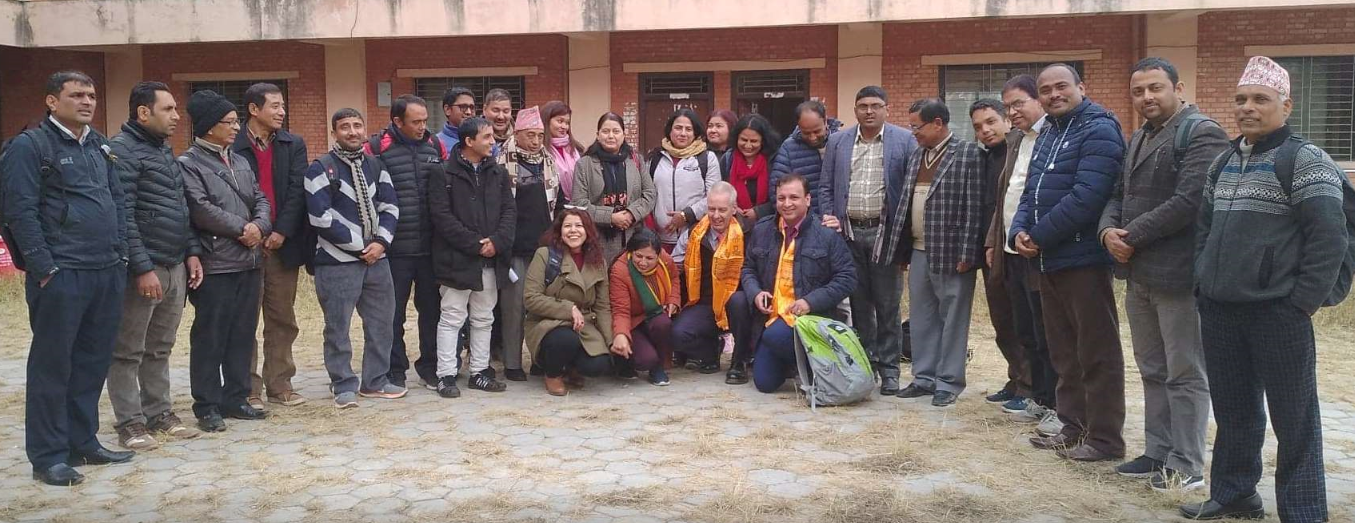


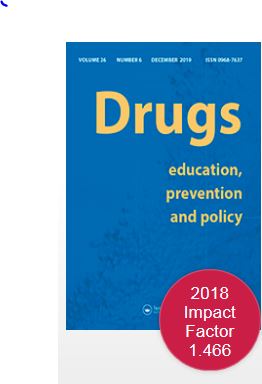
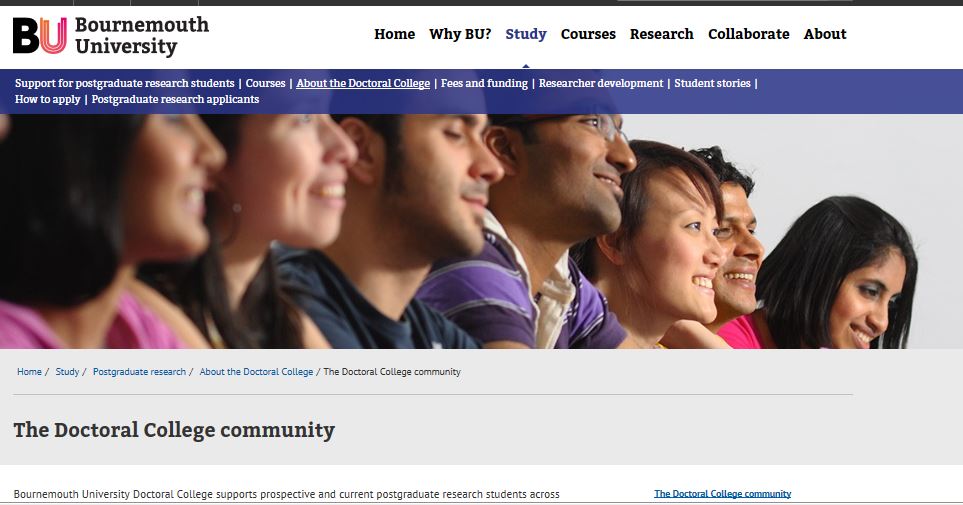
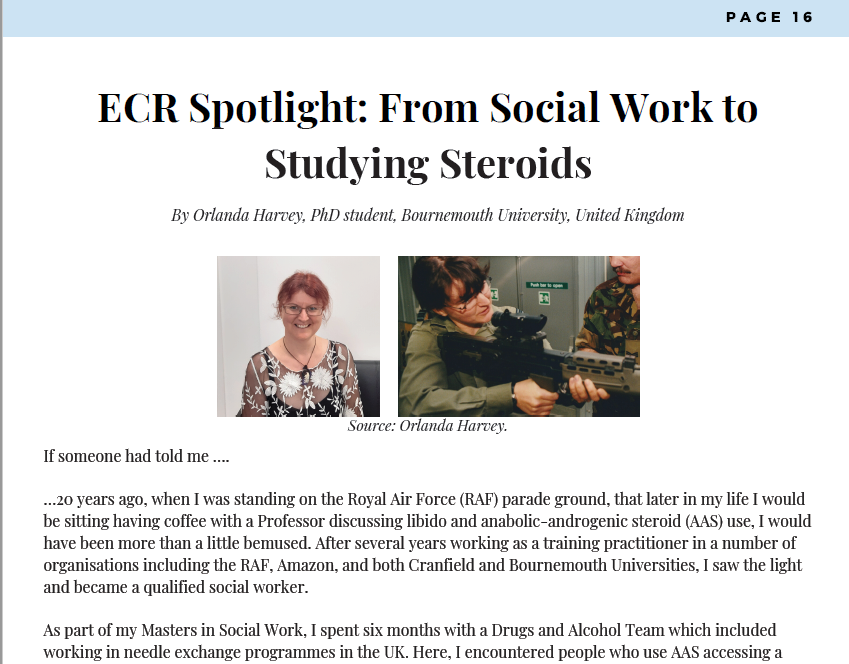











 Dr. Ashraf cited on ‘Modest Fashion’ in The Guardian
Dr. Ashraf cited on ‘Modest Fashion’ in The Guardian NIHR-funded research launches website
NIHR-funded research launches website Academics write for newspaper in Nepal
Academics write for newspaper in Nepal New paper published on disability in women & girls
New paper published on disability in women & girls Global Consortium for Public Health Research 2025
Global Consortium for Public Health Research 2025 MSCA Postdoctoral Fellowships 2025 Call
MSCA Postdoctoral Fellowships 2025 Call ERC Advanced Grant 2025 Webinar
ERC Advanced Grant 2025 Webinar Horizon Europe Work Programme 2025 Published
Horizon Europe Work Programme 2025 Published Horizon Europe 2025 Work Programme pre-Published
Horizon Europe 2025 Work Programme pre-Published Update on UKRO services
Update on UKRO services European research project exploring use of ‘virtual twins’ to better manage metabolic associated fatty liver disease
European research project exploring use of ‘virtual twins’ to better manage metabolic associated fatty liver disease